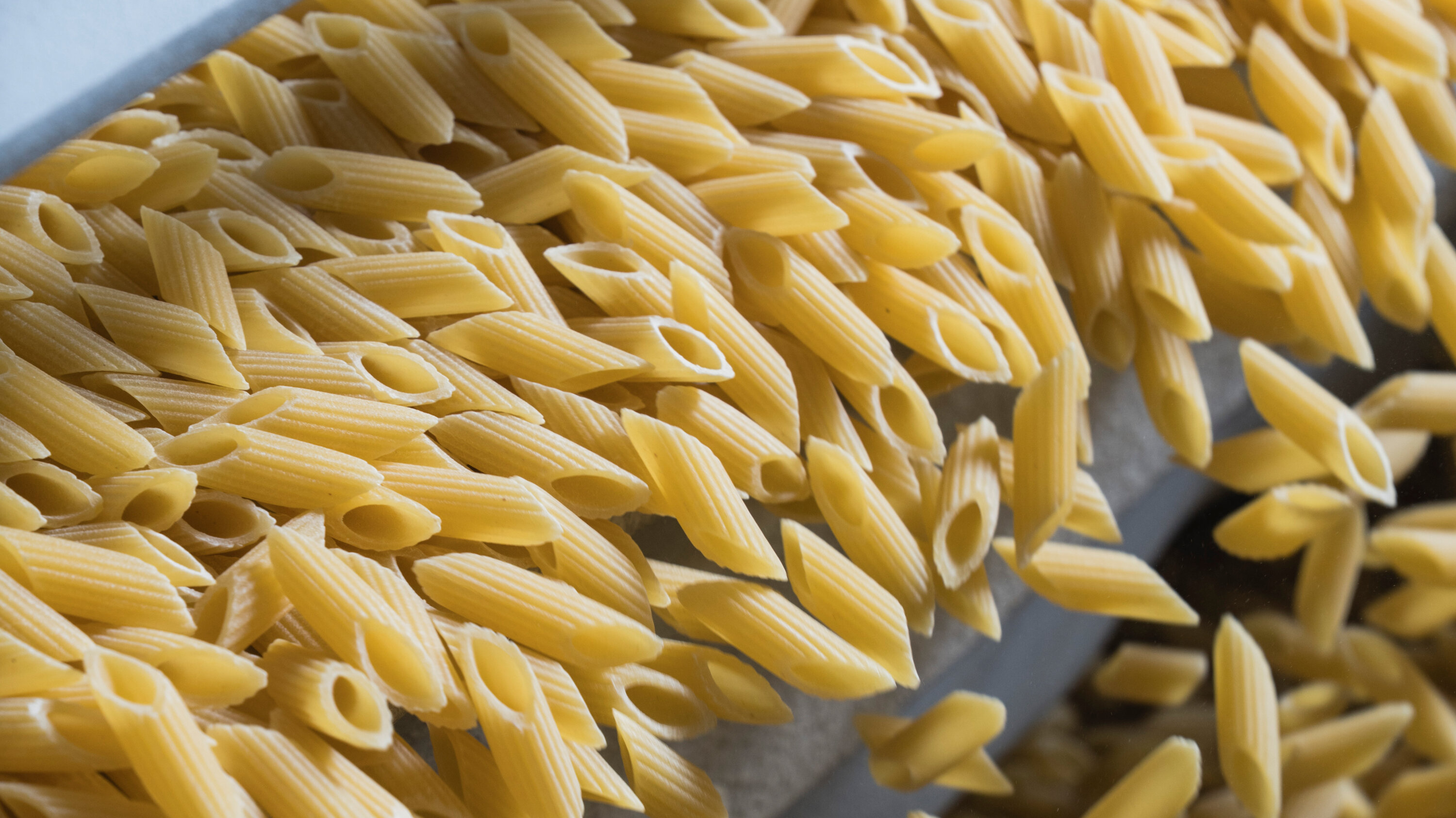Home / Business and Economy / Gragnano Pasta Makers Blindsided by Surprise 91% US Tariffs
Gragnano Pasta Makers Blindsided by Surprise 91% US Tariffs
16 Nov, 2025
Summary
- Gragnano, Italy, known as the "European capital of pasta", faces steep US tariffs
- Italian pasta producers accused of selling at artificially low prices, may face 91.74% anti-dumping duties
- Tariffs could make Italian pasta prohibitively expensive in the US market

The picturesque town of Gragnano, Italy, known as the "European capital of pasta", is facing a significant challenge as Italian pasta producers are threatened by steep tariffs on their exports to the United States. According to the article, the US Department of Commerce is considering imposing a 91.74% anti-dumping duty on Italian pasta, which could make these products prohibitively expensive for American consumers.
The issue stems from an investigation launched by the Commerce Department, prompted by complaints from two US pasta companies, 8th Avenue Food & Provisions and Winland Foods. The authorities have accused the Italian producers, including industry giants like Garofalo and La Molisana, of selling their pasta in the US at artificially low prices, a practice known as "dumping".
The Italian pasta makers, however, have strongly refuted these allegations, insisting that they have provided all the necessary information requested by the Commerce Department. Massimo Menna, the CEO of Garofalo, has described the situation as "unbelievable" and believes there may have been a misunderstanding or a change in the staff handling the investigation.
The potential impact of these tariffs could be devastating for the pasta producers in Gragnano and across Italy. Garofalo, one of the country's largest pasta exporters, estimates that the duties could cost the company around 15 million euros ($17.4 million) in the year-long investigation period alone. The threat of these punitive tariffs has also spread anxiety throughout the town, where pasta-making is a centuries-old tradition and a way of life.
The Italian government and the European Commission have intervened, making direct appeals to US officials in an effort to overturn the decision. However, the final ruling from the Commerce Department is not expected until early next year, leaving the pasta makers in a state of uncertainty and concern about the future of their exports to the lucrative American market.




